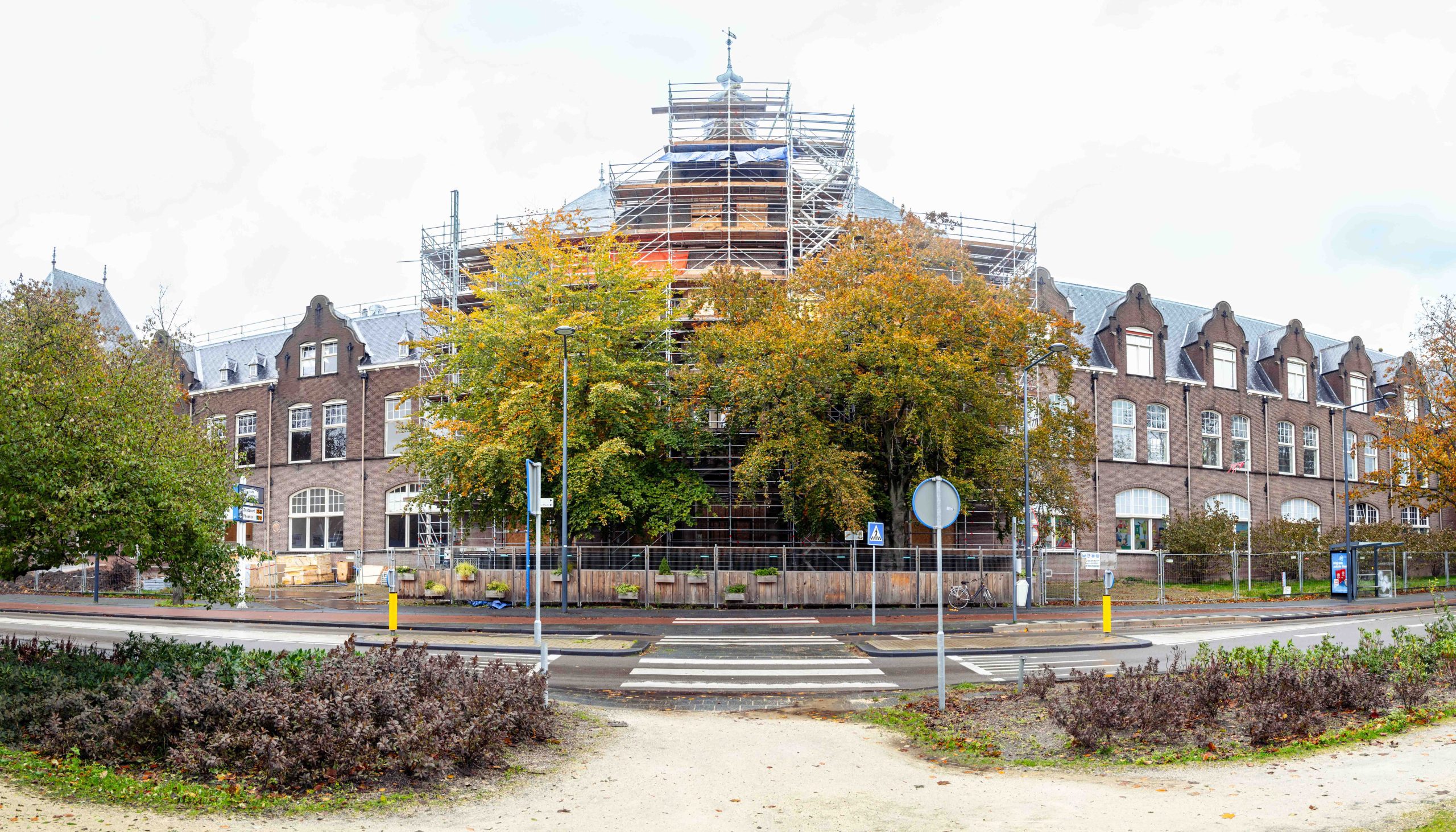The Inspectorate of Education’s investigative report covers transgressive behaviour and finances. While the financial management is in order, the Inspectorate still sees ‘room for improvement’.
Mijnbouwstraat 120. (Photo: Thijs van Reeuwijk)
In a series of investigative stories, the NRC newspaper scrutinised TU Delft’s finances. Drawing on (in Dutch) internal documents and discussions with employees and former employees, the newspaper sketches an image of a ‘culture of spending a lot of money easily’. TU Delft is thought to have taken risks and its financial accountability has often been below par. Further, for years academics are thought to have looked for ways (in Dutch) to ‘maximise’ research subsidies.
In several statements, TU Delft has stated that it does not recognise itself (in Dutch) in the newspaper’s description and ‘finds it lamentable’ (in Dutch) that ‘for the third time in a row’ the newspaper ‘writes a negative article about TU Delft’. It seems that in any case the Inspectorate is partly recognising that TU Delft is right.
The first article in the NRC’s series was about the sale of Mijnbouwstraat 120 to RoyalHaskoningDHV. It alleges that TU Delft mismanaged the process which was then loss making. The Inspectorate’s report shows that it too investigated this issue. It believes that ‘the interests of TU Delft were sufficiently considered’. They draw this conclusion for three reasons. One, internal and external experts were involved in the sale; two, any risks were carefully considered; and, three, after negotiations, the price that the internal managers at TU Delft recommended was accepted.
Financial risks
Upon the request of third parties, the Inspectorate also examined the financial management of projects, in particular that of QuTech’s controversial research project into Majorana particles.
Its conclusion is that the financial management is ‘in order’, ‘but that there is room for improvement in some areas such as contract research’. ‘These are mostly general points and not directed at particular projects and/or particular amounts.’ Referring to Majorana, the Inspectorate ‘does not have indications that the interests of TU Delft were not met’.
Nevertheless, the Inspectorate ends the chapter with the following sentence. ‘The Executive Board, the Audit Committee and the Supervisory Board did not have a good picture of the financial scale and risks (such as the financial impact and dependence on third party funders for various projects) for TU Delft as a whole.’ It asserts that this was simply not a subject of discussion for them. TU Delft rejects this assertion on the grounds that it has no bearing on reality.
- Delta is looking for current and former TU Delft employees who are willing to share their experiences. This can be done anonymously if preferred. Email tudelta@protonmail.com.
Do you have a question or comment about this article?
s.m.bonger@tudelft.nl


Comments are closed.